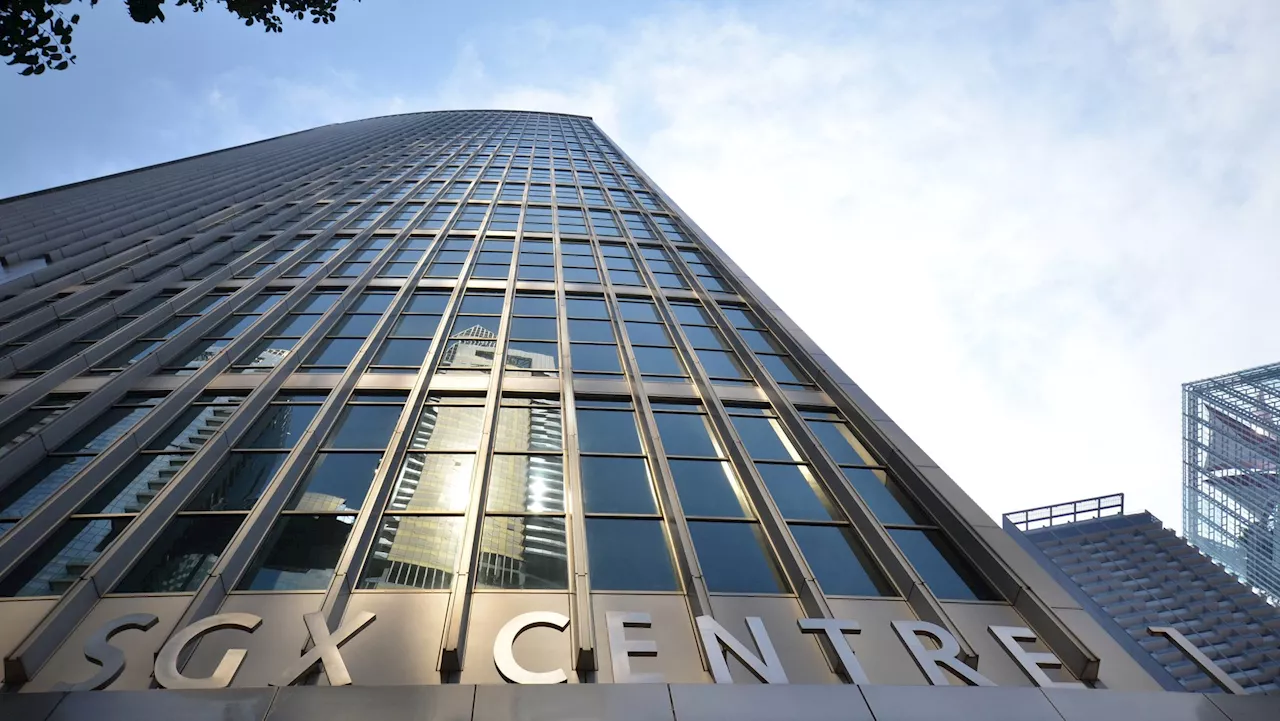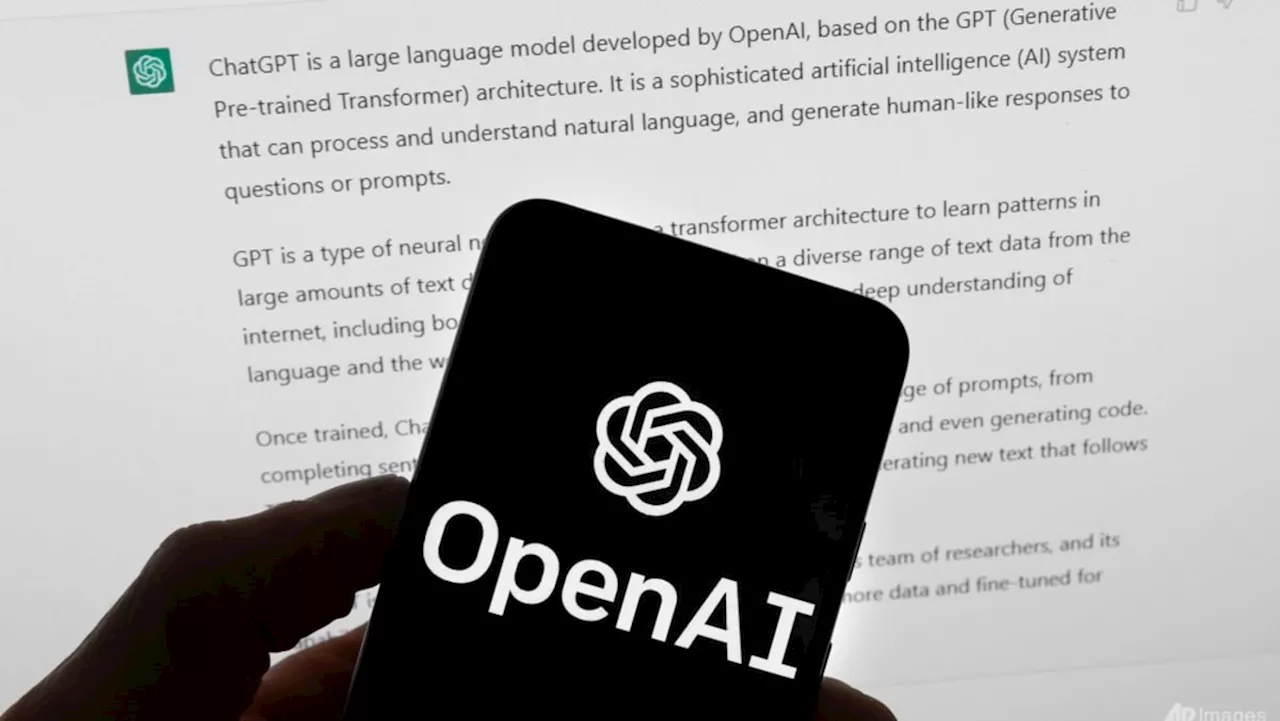With generative AI tools now widely accessible, educators say they have to shift from policing to adapting assessments and teaching practices.
More students are using artificial intelligence tools at universities, posing a challenge to some educators. SINGAPORE: When Tim was tasked with a written assignment last semester, the third-year engineering student at Nanyang Technological University simply turned to ChatGPT.
In April, three NTU students were accused of misusing AI for false and inaccurate citations. The students disputed the claims and raised concerns about due process. NTU later held consultations with two of them and is convening a review panel that will include AI experts for one student's appeal. “In the very worst cases, the students are just doing it for the sake of doing it, and they've not read the sources at all,” she said. “You can tell because they don't even check the generated AI content, and it's wrong information there.”Most universities said instructors have autonomy over how AI is used in their courses, within broader institutional policies and guidelines.
NUS generally permits AI use in take-home assignments, provided students properly acknowledge and attribute the tools they use. If the objective is for students to master core concepts or skills independently, instructors may require in-person assessments without access to AI. If Turnitin flags a submission as highly likely to be written by AI, SMU cross-checks it with other detection tools such as GPTZero and Originality.ai. If multiple tools raise concerns, the student may be called in for an interview to determine whether there was unauthorised use.
“This approach ensures that students possess a deep understanding of their work, regardless of whether AI tools were used during the development process,” he said, adding that he has identified “fewer than a handful of cases” of AI misuse so far.Many students CNA spoke with admitted to using AI tools for assignments, often without declaring it. With the lack of reliable detection tools, it's not difficult to get away with it, students said.
Like most other students CNA spoke to, the 23-year-old felt it was okay to use generative AI tools for modules that they deemed less meaningful or valuable to their education. “I wouldn’t use it to help me write the entire essay. That’s a bit too much,” she said, adding that the AI output could also be inaccurate.
She estimated that she used AI in about 90 per cent of her assignments – but mainly to supplement her understanding, rather than as a shortcut.
Higher Education Generative AI Education Artificial Intelligence
Singapore Latest News, Singapore Headlines
Similar News:You can also read news stories similar to this one that we have collected from other news sources.
 ICA arrests Malaysian man trying to leave Singapore by hiding in lorryA Malaysian man's attempt to depart Singapore illegally was thwarted by the Immigration & Checkpoints Authority (ICA) on Thursday (June 12). Hiding in a Malaysia-registered grey lorry, the man was looking to exit the country via Tuas Checkpoint, said ICA in a Facebook post on June 13.
ICA arrests Malaysian man trying to leave Singapore by hiding in lorryA Malaysian man's attempt to depart Singapore illegally was thwarted by the Immigration & Checkpoints Authority (ICA) on Thursday (June 12). Hiding in a Malaysia-registered grey lorry, the man was looking to exit the country via Tuas Checkpoint, said ICA in a Facebook post on June 13.
Read more »
 DBS becomes first Singapore-listed company to hit US$100B market capitalisation - Singapore News%
DBS becomes first Singapore-listed company to hit US$100B market capitalisation - Singapore News%
Read more »
 Singapore climbs 52 spots to become 9th safest place for solo female travelers - Singapore News%
Singapore climbs 52 spots to become 9th safest place for solo female travelers - Singapore News%
Read more »
 Myntra Global launches in Singapore as prelude to broader internationalisation - Singapore News%
Myntra Global launches in Singapore as prelude to broader internationalisation - Singapore News%
Read more »
 Fire breaks out on oil tanker in Singapore waters, no injuries reported - Singapore News%
Fire breaks out on oil tanker in Singapore waters, no injuries reported - Singapore News%
Read more »
 Info-Tech Systems files for Singapore listing, eyes HK and India expansion - Singapore News%
Info-Tech Systems files for Singapore listing, eyes HK and India expansion - Singapore News%
Read more »
